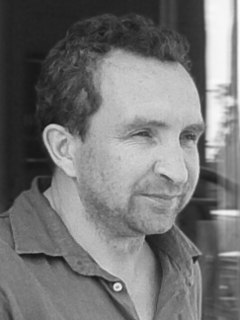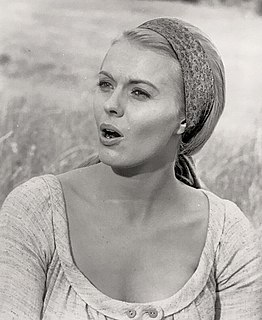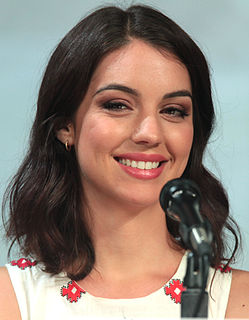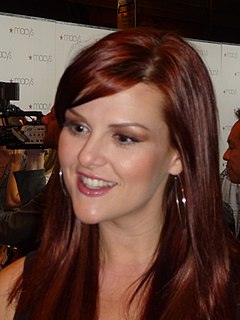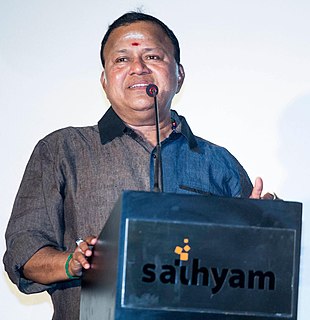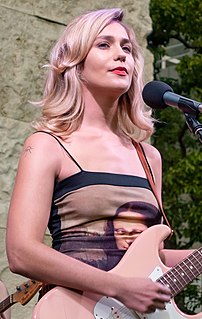A Quote by Dirk Benedict
Related Quotes
Modern acting is method acting, most of it. And there are sort of different schools, so I guess I'm not really from one school or another. I had a number of different teachers but they were all kind of drawing from the same pool, which is - What do you want? What are you doing to get what you want? And, what is in the way? These are basic acting questions. Knowing the answers to those questions. So you're talking about objectives and actions and obstacles. That's a sort of shorthand that gives you a language.
The great philosophers of the 17th and 18th centuries did not think that epistemological questions floated free of questions about how the mind works. Those philosophers took a stand on all sorts of questions which nowadays we would classify as questions of psychology, and their views about psychological questions shaped their views about epistemology, as well they should have.
Nothing affects my acting. Acting is something I do with my soul so it embodies a lot of things. For me, I don't know about anyone else, acting is spiritual, so if I do not embody a character or a story or a script, it's going to be extremely difficult for me to be convincing and I don't like that because I am somewhat of a perfectionist
When a director narrates a character, I find it normal to ask questions about the character's background, mood swings, eccentricities, behaviour... I do this to make my performance relatable. Directors who don't know their characters well find it difficult to answer these questions and, hence, find me annoying.
I guess part of my ambivalence about pursuing music as well as acting is that acting is already one of the most difficult careers to create for yourself, I must be insane to embark on creating two careers in two of the most difficult fields. But I have really different ambitions with music; I just want to stay in love with music. I want it to continue to be a means of expression for me that feels like it's mine, and something that feels community-based.
have a much harder time writing stories than novels. I need the expansiveness of a novel and the propulsive energy it provides. When I think about scene - and when I teach scene writing - I'm thinking about questions. What questions are raised by a scene? What questions are answered? What questions persist from scene to scene to scene?




